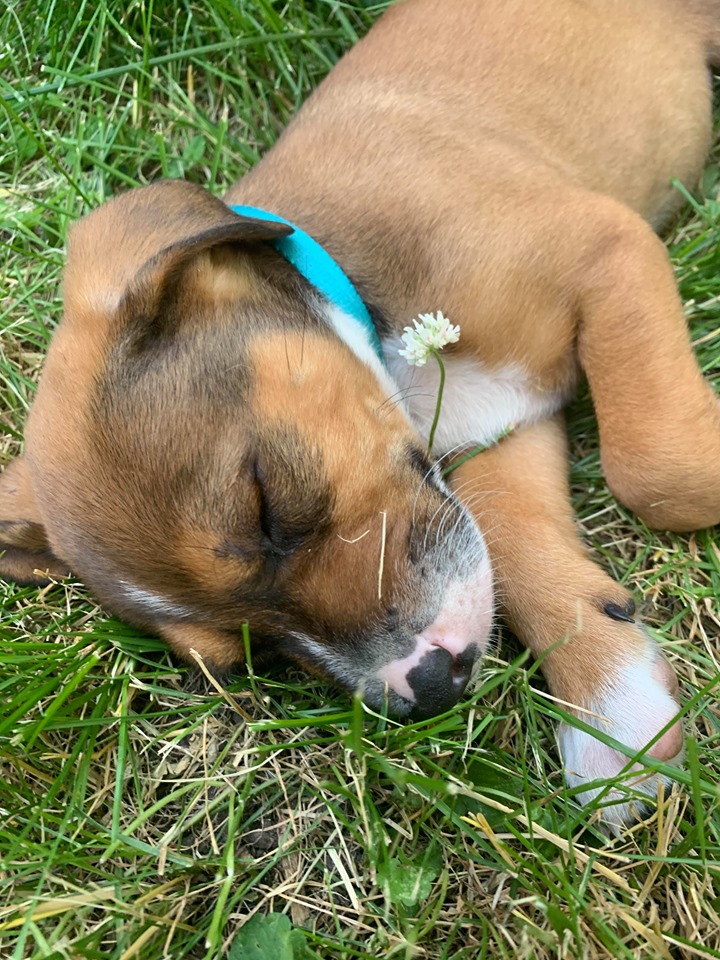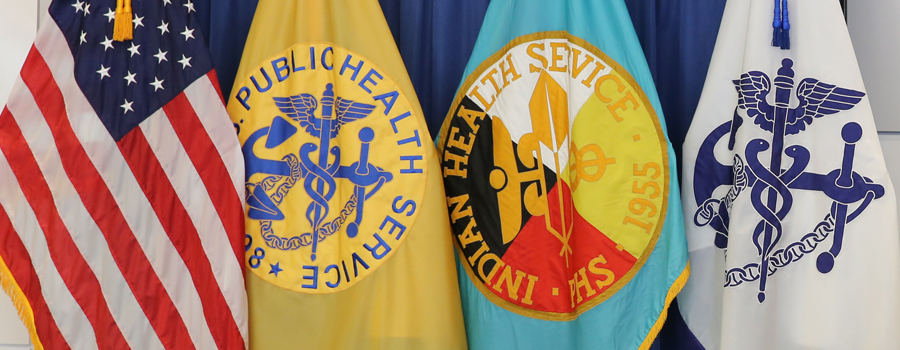This week on the Minnesota Native News Health Report, leaders of the Indian Health Service answer your questions about COVID-19. And in Jennifer’s diary – a new puppy. Laurie Stern reports.
Daniel Frye had just become area director of the Indian Health Service when a challenging job got even more challenging.
“Three months after that the pandemic hit. So it’s been a whirlwind,” said Frye.
Frye is an enrolled member of the Sioux Saint Marie Tribe of Chippewa Indians. He stayed in Michigan for college and graduate school, then went to work in health care for his tribe. He moved to Minnesota in 2017.
The Bemidji office provides service and support to 34 federally recognized tribes across 5 states, and direct health care to White Earth, Leech Lake and Red Lake. So far he has not seen clusters of COVID-19 on any of the reservations he serves, but he is working with tribal governments to stay vigilant.
“The population of Native Americans make up I believe it was 0.7% of those in the United States and it was 1.3% of the positive COVID infections in the US. Alaska Native American Indians, but that would show that we do have a predisposition to be more affected. And even though that those numbers might seem small 0.7% to 1.3%, that shows almost a doubling effect, right? Which is to us very important when we’re looking at data numbers,’ said Frye.
So the first question for Director Frye was: Why are indigenous communities more vulnerable to the virus?
“Well, one of the main reasons is that you know what the CDC guidelines say that this virus has a propensity to attack folks that have underlying medical conditions; diabetes, hypertension, obesity. And those are things that we see on the reservations that are much more prevalent than what we’re seeing in just the general population of all races. So we’re quite used to diabetes education and treatments. And that’s the main reason, just because of those underlying conditions that the virus could then attack because of the just the difficulty for the human body to fight back,” said Frye.
Director Frye had lots of good information and we will be sharing more answers to your questions in coming weeks. He is working closely with the CDC and the Minnesota Department of Health, where you’ll find the latest data and recommendations.
Now we’ll hear from our North Minneapolis/Leech Lake contributor Jennifer Cortes.

Jennifer’s pit bull puppy is named Mia. A cousin brought her down from Leech Lake. Pet shelters have reported demand for dogs and cats since the pandemic started. Research shows that pets help people get more exercise and even live longer – and they can keep us feel less lonely while we are social distancing.
Please let us know your questions about COVID-19. Just send a message to our Facebook page or leave your question after you hear the prompt at (612) 430-9368 and. Stay well my friends.


 Still Waiting to See if Mass Gatherings Will Lead to Spike in COVID-19 Cases
Still Waiting to See if Mass Gatherings Will Lead to Spike in COVID-19 Cases